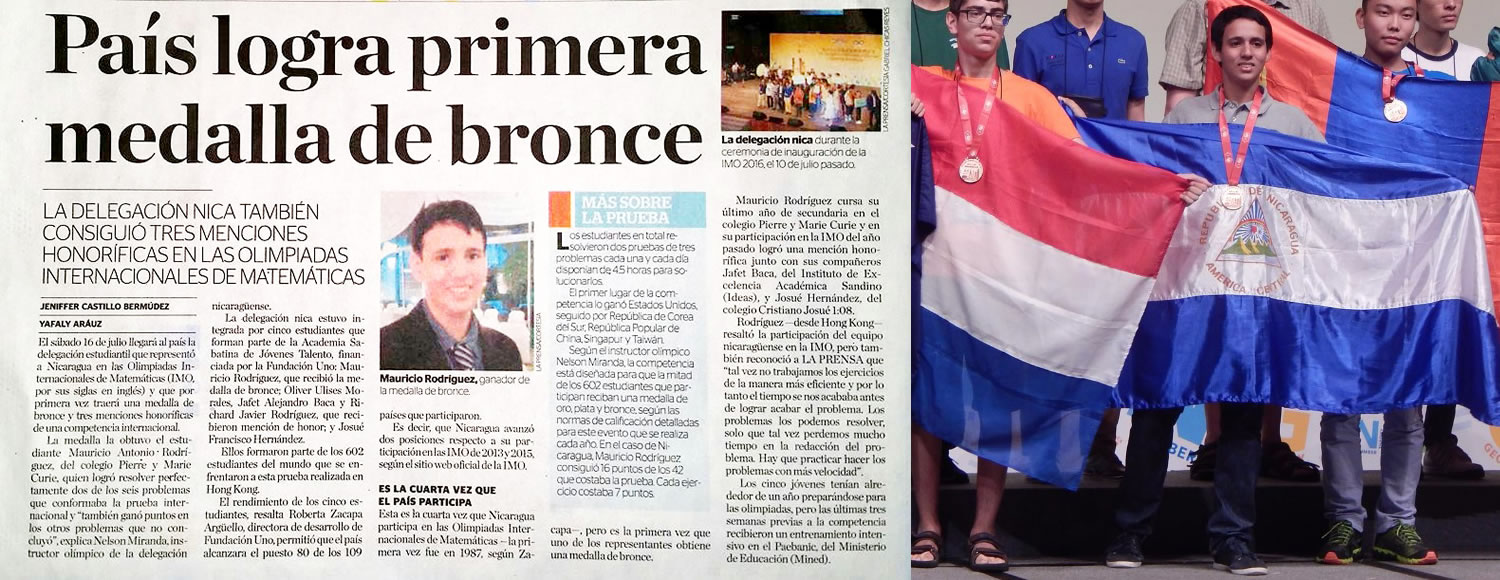Science, Art and Humanism are the three pillars of knowledge which support the Parthenon of Curie education. Through the study of the Sciences we gain a knowledge of the why of the phenomena we observe and a sense of humility regarding all that we do not know. Through the Arts the infinite extent of the imagination and our creativity is developed, and through Humanism we seek to understand, make sense of and assign meaning to human activity within society and the cosmos.
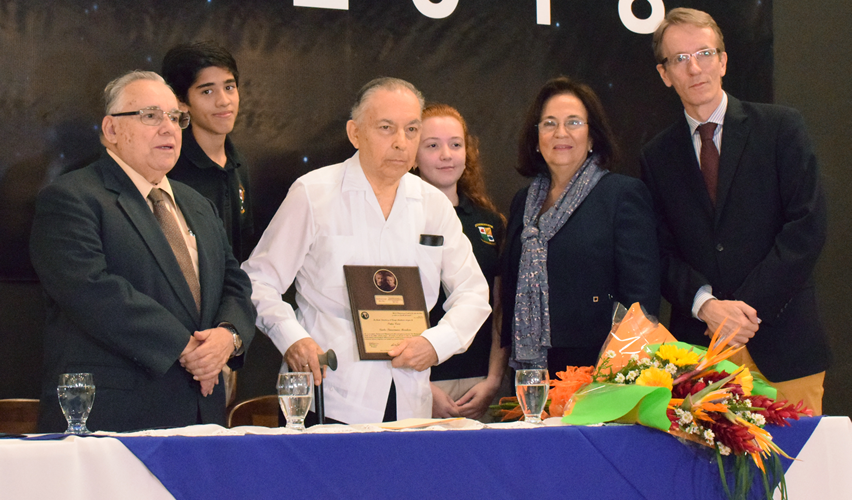
Marie Curie said that science has great beauty and that a scientist in his or her laboratory is not only a technician: he or she is also a child placed before natural phenomena which impress him or her just like a fairy tale.
It is just like living in a fairy tale for Curie children from Preschool up,as they take part in their Dr. Jaime Incer Barquero Science Fair adventures, playing at being real scientists so little by little they consolidate their scientific knowledge and learning in Science, Art and Humanism.
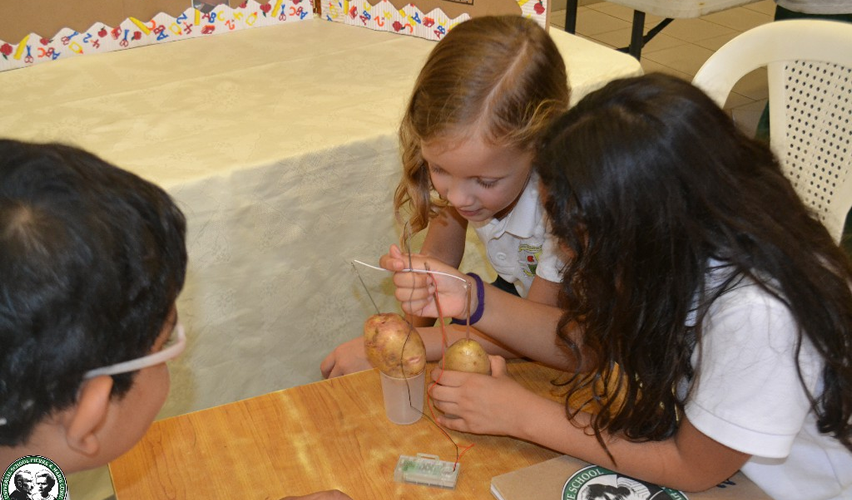
In a country such as Nicaragua where the world of science remains underdeveloped, Curie School has been committed to teaching science since 1997. Every year the Dr. Jaime Incer Barquero Science Fair hosts more than 140 projects from Preschool to Secondary, based on curiosity, the spirit of exploration, creativity and innovation because in Curie we love curie-osity. Teamwork, support of our families, and the development of curiosities into projects which prove or disprove working hypotheses become an everyday experience. Projects ranging from how a bean is planted to discovering an asteroid have been seen in the Science Fair and have encouraged our students to develop their scientific skills and forge a scientific culture working to understand phenomena, causality and interconnectivity between our lives and our environment.
Learning by experience is a type of learning promoted and supported by John Dewey, who said that “education is not education for the future, rather education for life itself”. This is why the Ara Macao camping trips connect our students with the most wonderful book of all time, so that they can "learn from nature’s open book."
From Preschool on, Curie children interact with nature observing birds, butterflies, walking in dry forests and in rain forests, navigating rivers and climbing volcanoes as they develop an intimacy with the natural world.
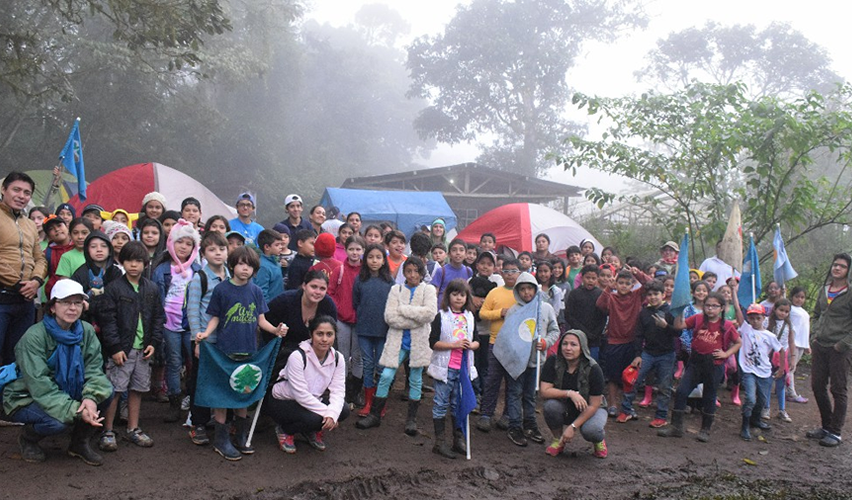
This direct contact helps us understand how we depend on and interact with nature and observe how the natural world is being attacked by the advances of the agricultural frontier or by dangerous practices which result from our work or simply our way of life. It is vitally important for students to learn from an early age how to identify water sources, to survive in all environments, and to value the survival and connectivity of all species within our habitat.
The observation of the cosmos has been a constant in our education at Curie, led by our mentor and advisor Dr. Jaime Incer Barquero, who has accompanied us in the observation of many phenomena including solar eclipses, meteor showers, observation of the planets with their moons and rings, the trajectory of Venus to Mars, the passage of the Space Station and other events. Our love of Astronomy brings to life our motto: "the universe is our classroom."
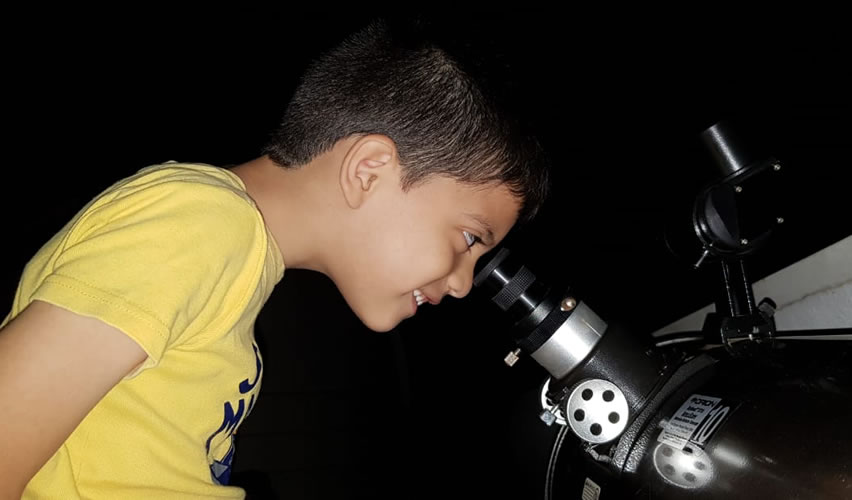
Observing the cosmos allows us to learn more about all sciences including Chemistry, Astrophysics, and Bio astronomy. In order to do this Curie School has the Neil Armstrong Astronomy Observatory, the only one of its kind to be found at a school in all of Latin America. Curie School has also established a scientific exchange with the NASA Space Center in Houston through its Space University. Since 2013 Curie students from Middle School have participated in the annual "Journey to Mars" camp that brings them into contact with space science and the highly specialised field of engineering, rocket science, at NASA in Houston, Texas.

This trip stimulates students to deepen their knowledge of mathematics, teamwork, and problem solving, emulating the skills of astronauts, people trained to devise solutions to the most diverse problems under the most unpredictable conditions. Among the most significant achievements in the observation of the cosmos, is the discovery of the asteroid FE52 2012 made during the 2012 Science Fair by senior students. The discovery of this asteroid was reported in the national and international media and has encouraged more students to join the exploration of our cosmos.
Science: Universal School Pierre and Marie Curie is named after the scientific couple who gave the world the discovery of radium and polonium, two elements of the periodic table which have advanced nuclear science and medical treatments such as radiotherapy.
Technology: We are living in an era in which knowledge is characterized by the massive rise of digital technology that has changed the way we learn and relate to the world around us.
In addition to skills in computer science, this year 2019/2020, Curie School introduces the study of robotics to the regular curriculum from Third Grade to Twelfth Grade. Robotics incorporates the programming of algorithms and engineering skills in the construction of creative designs, a branch of education that is only just starting.
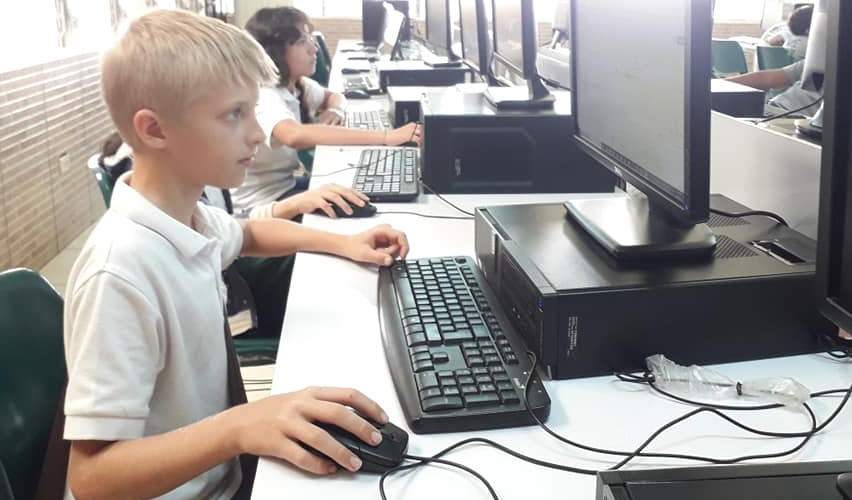
Engineering: Through the project-based learning approach, our students develop techniques in the study of many phenomena, strengthen their team working skills and find solutions to the problems that occur at all stages of project development. With this they are forging a scientific culture based on the concrete search for solutions to the problems of everyday life.
Art: Different expressions of art such as painting, ceramics, music and dance are promoted from Preschool up. Art is the best language to develop musical intelligence, spatial awareness and kinesthetics (Dance), all located in the left side of the brain. Creativity, innovation, self-expression and self-esteem are some of the other benefits every student receives through the development of their artistic identity.
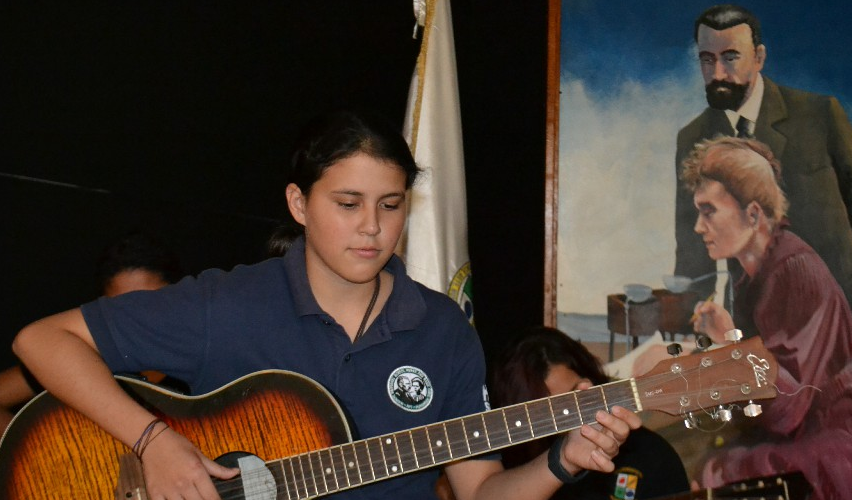
Math: The study of the sciences includes the Pythagorean sciences of Math. The development of mathematical culture in our students’ minds is fundamental in enhancing the discipline for problem solving, the confirmation of results and the search for endless possibilities.
Curie School is honoured to have among its graduates, Mauricio Rodríguez, who won two bronze medals at the World Mathematical Olympiad. To reach these levels, mathematical minds must be formed in school and scientific awareness developed alongside humanism, these three combine to offer valuable ideas for the development and advancement of our society.
